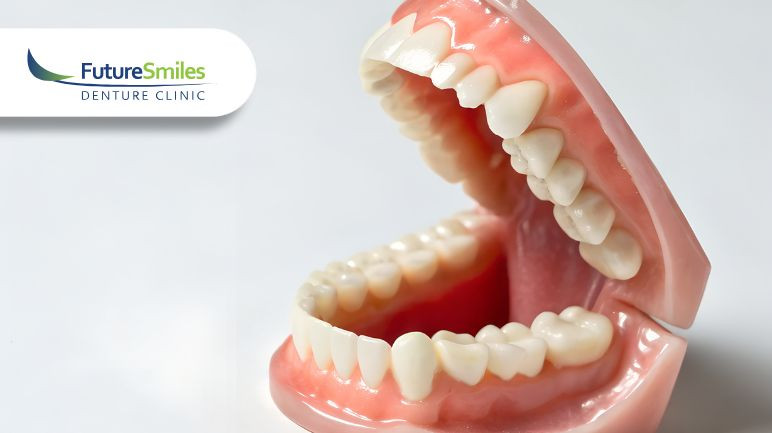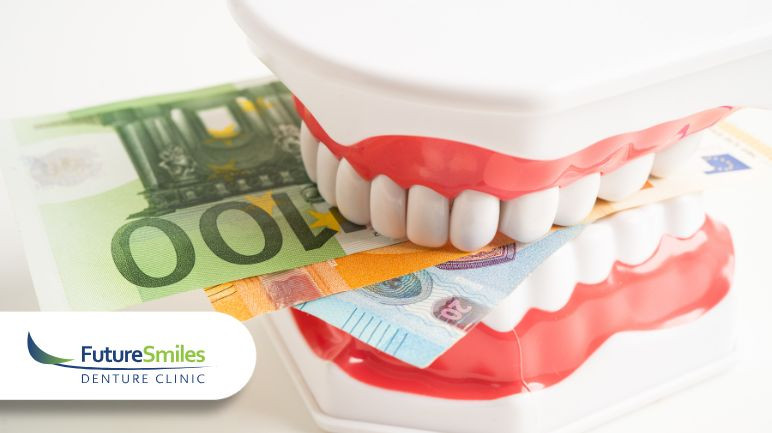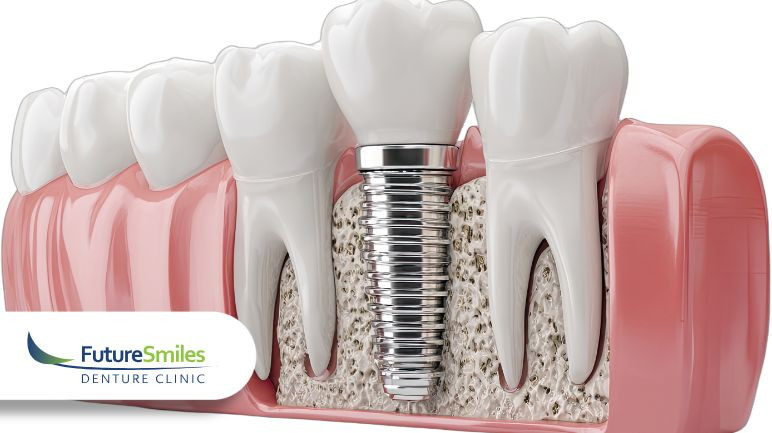Develop good care habits and consider placing cues in your home to help you remember to care for your dentures properly. To properly care for your dentures, avoid these 5 common bad habits and extend the life of your dentures.
5 Denture Habits To Avoid
- Not Wearing Your Dentures Often. Despite the fact that dentures improve the quality of life for many, some new denture wearers choose not to wear their dentures all day. This can be problematic for two main reasons:
- Not wearing your dentures can damage them. If you do not let your dentures soak while out of the mouth, they can become dry and warped, which will alter the way they feel in your mouth and can cause issues with your bite. This damage will require repairs from your denturist.
- Not wearing your dentures can make it difficult to adjust to them. Some people who are new to wearing dentures may avoid wearing their dentures for the entire day to get accustomed to them gradually. This approach actually makes it more difficult to adapt to your dentures, and it is recommended that you wear your dentures all day and take them out at night.
- Leaving Dentures In While You Sleep. While it’s good to wear your dentures often, it is not recommended to sleep with them in. Taking your dentures out at night gives your mouth a chance to rest. Your mouth needs some time without the dentures so that bacteria doesn’t have a chance to form and you need to remove your dentures at least once a day so you can brush your gums and practice good oral health.
- Neglecting To Clean Dentures. To clean your dentures you need to do more than remove them and put them in water. Brush your dentures with a soft bristle toothbrush and non-abrasive denture cleanser before going into water to soak for the night, and you should rinse them in the morning. If you have a hard time remembering to clean them, put your denture soaking glass near your sink.
- Cleaning Dentures Improperly. Proper cleaning will make your dentures last for longer. Make sure you use the right tools so that you’re not damaging your dentures with abrasive materials. Make sure you’re not using toothpaste, a hard bristle brush, or hot water for soaking them overnight, and instead use a denture cleanser, soft bristle toothbrush, and lukewarm/room temperature water.
- Trying To Do Your Own Repairs. Dentures have a complicated design that requires specialized tools for repairs and adjustments. If something breaks or becomes misaligned, take it to your denturist to get fixed. If you try to fix your dentures yourself you could end up causing further damage and your insurance may not cover repairs after that.
Get Your Dentures At Future Smiles In Calgary And Speak With Our Denturists
At Future Smiles, we provide our patients with individualized denture care that maximizes comfort, function, and aesthetics. Our denturists strive to not only give our patients top quality dentures but to educate you about denture and oral care so you can get the longest life and highest level of comfort out of your dentures. If you need affordable dentures or denture repairs in Calgary, Future Smiles Denture Clinic has you covered. To contact our helpful denture team, call 1-403-475-0016 or book a FREE consultation by visiting our Coral Springs NE Calgary clinic or our Macleod SW Calgary clinic. We'd love to help get you smiling again!
FAQ
Q: Is taking care of a dental implant the same as taking care of full dentures?
A: Because dental implants are not removable, their care is more similar to that of a regular tooth, but remember that a dental implant is not as strong as a tooth. Your denturist will recommend a soft bristled toothbrush. You should also floss your implant every day but do it gently and carefully.
Q: What’s the difference between full dentures and partial dentures?
A: Complete dentures are a replacement for a full set of teeth when a person has no natural teeth remaining. Partial dentures are for people who still have some teeth remaining. Partial dentures have spaces for the natural teeth so that you can keep your own teeth and replace the ones you’re missing. The framework attaches to your natural teeth for support and partial dentures often feel very secure.
Q: If my dentures are broken can I fix them with superglue?
A: Do not try to fix your dentures with superglue. Not only is it toxic but it is water soluble and will be worn away by your saliva over time. You don’t want to be swallowing superglue or further damaging your dentures. Many insurance companies also won’t cover items if they have superglue on them, so if you try fixing them you could void your insurance or warranty coverage. If you need your dentures fixed, visit the Future Smiles Denture Clinic in Calgary so our skilled denturists can fix your dentures for you instead of attempting to fix them yourself.







